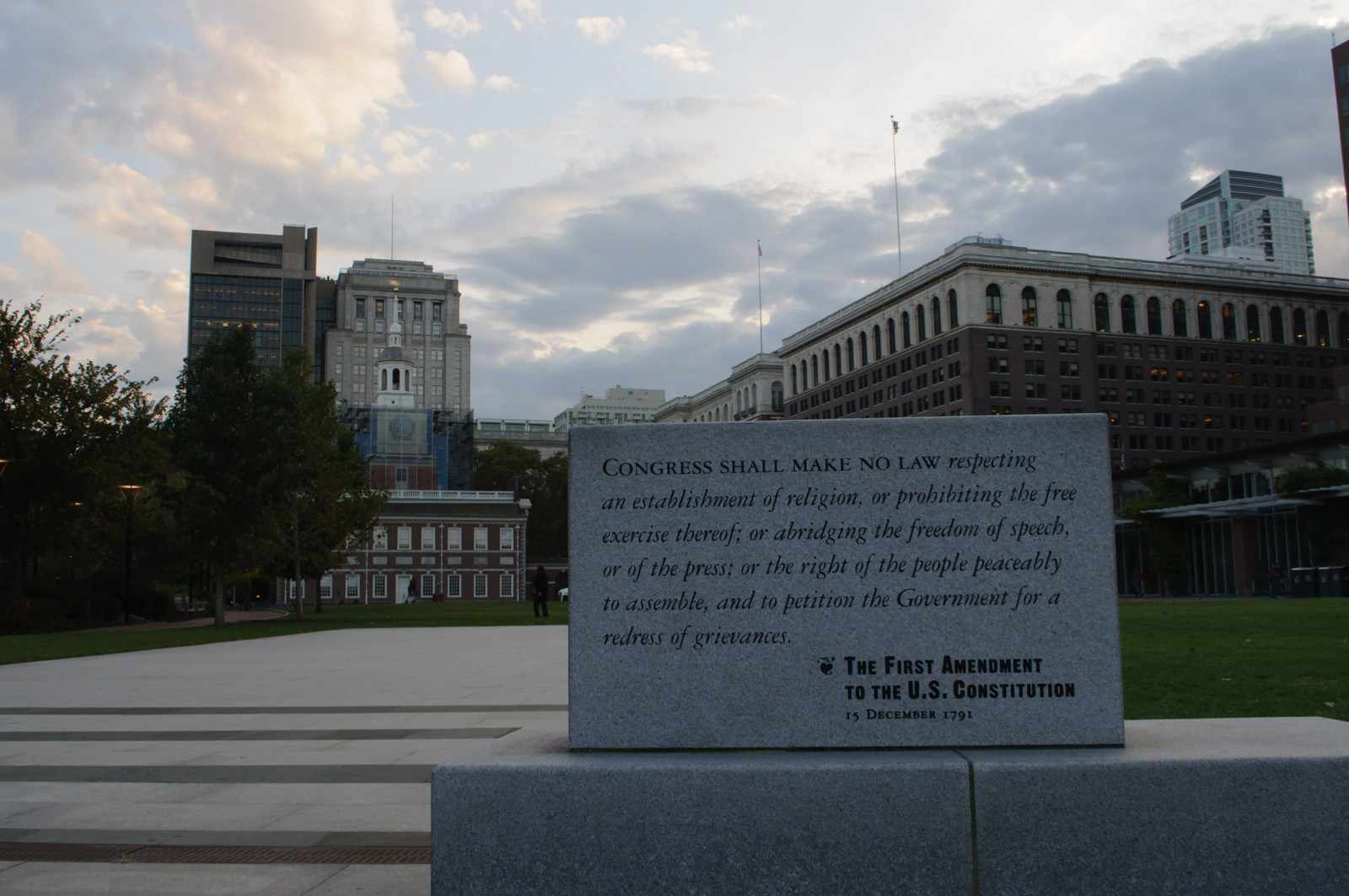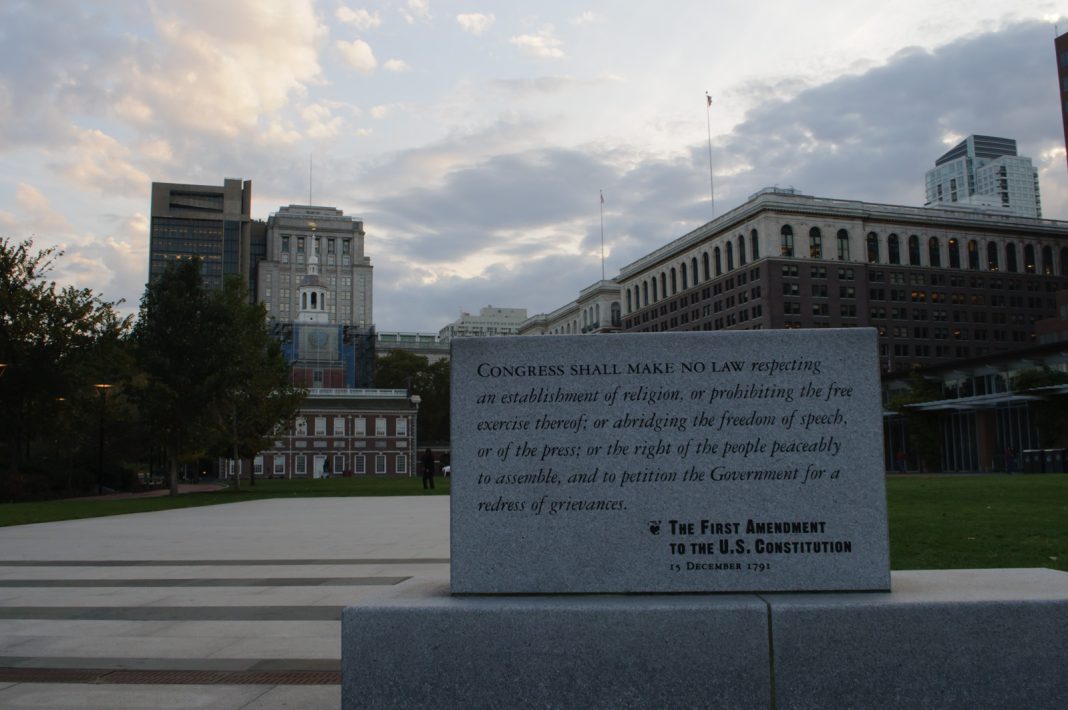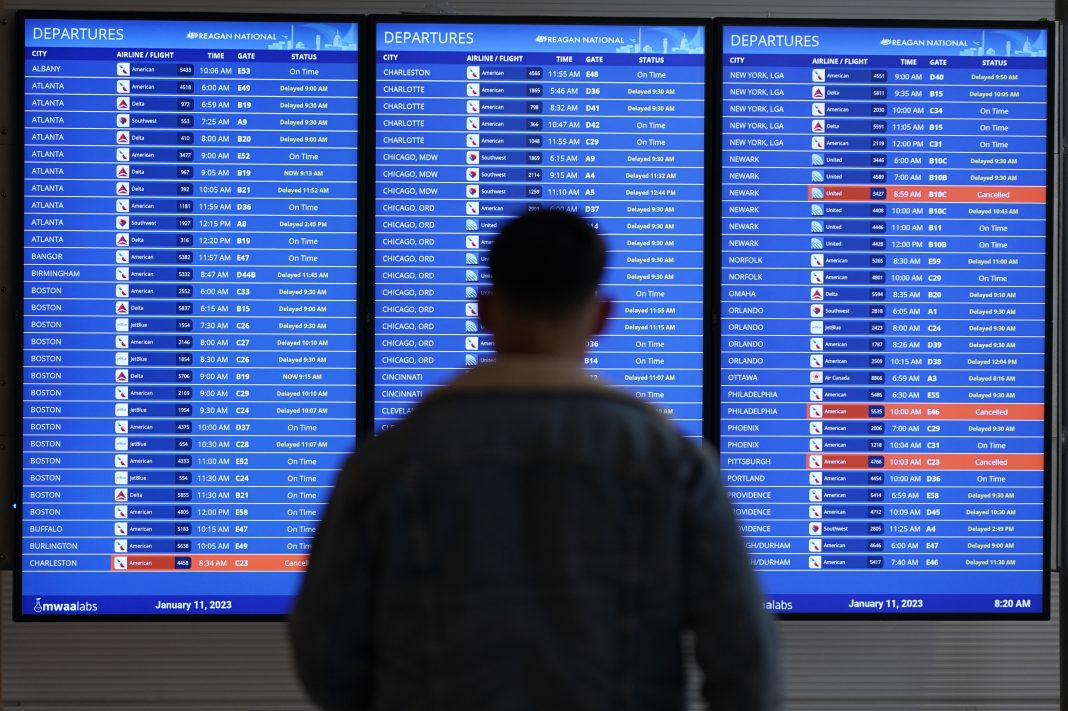 Title: TikTok Challenges Law Amidst National Security Concerns: A Battle for First Amendment Rights and User Privacy
Title: TikTok Challenges Law Amidst National Security Concerns: A Battle for First Amendment Rights and User Privacy
Introduction:
ByteDance, the parent company of TikTok, has announced its refusal to sell the popular app, which has led to a legal battle over a new law that mandates divestment from its Chinese parent company or risk being banned in the United States due to national security concerns. TikTok, along with the support of content creators and the Justice Department, has filed a joint petition requesting an expedited consideration of the challenge by a federal appeals court.
First Amendment v. US National Security:
TikTok argues that the law infringes upon the First Amendment rights of its millions of users and violates several constitutional protections. Proponents of the law contend that it is necessary to prevent the Chinese Communist Party (CCP) from accessing U.S. consumer data and influencing Americans through TikTok’s algorithm. However, TikTok and ByteDance assert that they have never shared and will not share U.S. user data with the CCP, despite China’s counterespionage law requiring cooperation if requested.
The petition to the appeals court emphasizes that the law imposes an unprecedented nationwide ban on a single speech platform, effectively barring Americans from participating in a global online community. TikTok claims that the law will force a shutdown of the app by January 19, 2025, if not overturned.
Insightful Analysis:
The legal battle surrounding TikTok raises important questions about the balance between safeguarding national security and protecting First Amendment rights. While concerns over data privacy and potential foreign influence are valid, it is crucial to consider the implications of a sweeping ban on a popular social media platform.
Recent studies have shown that TikTok’s algorithm is not unique in terms of its potential for manipulation or data collection. In fact, many other platforms, including those based in the United States, employ similar mechanisms. Therefore, singling out TikTok may not effectively address the broader issue of data security.
Moreover, the ban would not only impact American users but also hinder the global community that TikTok has fostered. This raises concerns about the potential for stifling creativity, cultural exchange, and freedom of expression on a large scale.
Proposed Schedule and Implications:
To ensure a fair legal process, the parties involved have proposed a briefing schedule that allows for ample time before the law’s prohibitions take effect. The proposed schedule includes opening briefs, amicus curiae briefs, and reply briefs from both TikTok and Creator Petitioners. The parties have also requested oral arguments to be scheduled at the earliest possible date in September 2024.
The law, which could be extended by the president for an additional 90 days, has significant consequences for TikTok and its user base. The potential ban not only poses a threat to the company’s operations but also causes irreparable harm to its users, who rely on the platform for creativity, entertainment, and connection.
Conclusion:
The legal battle between TikTok and the U.S. government highlights the complex intersection of national security concerns, First Amendment rights, and user privacy. While it is essential to address potential risks associated with foreign-owned apps, it is equally crucial to safeguard individual rights and avoid disproportionate measures that may stifle innovation and freedom of expression.
As the legal proceedings continue, it remains to be seen how the court will balance these competing interests. Ultimately, the resolution of this case will have far-reaching implications for the future of social media regulation, data privacy, and First Amendment rights in the digital age.


